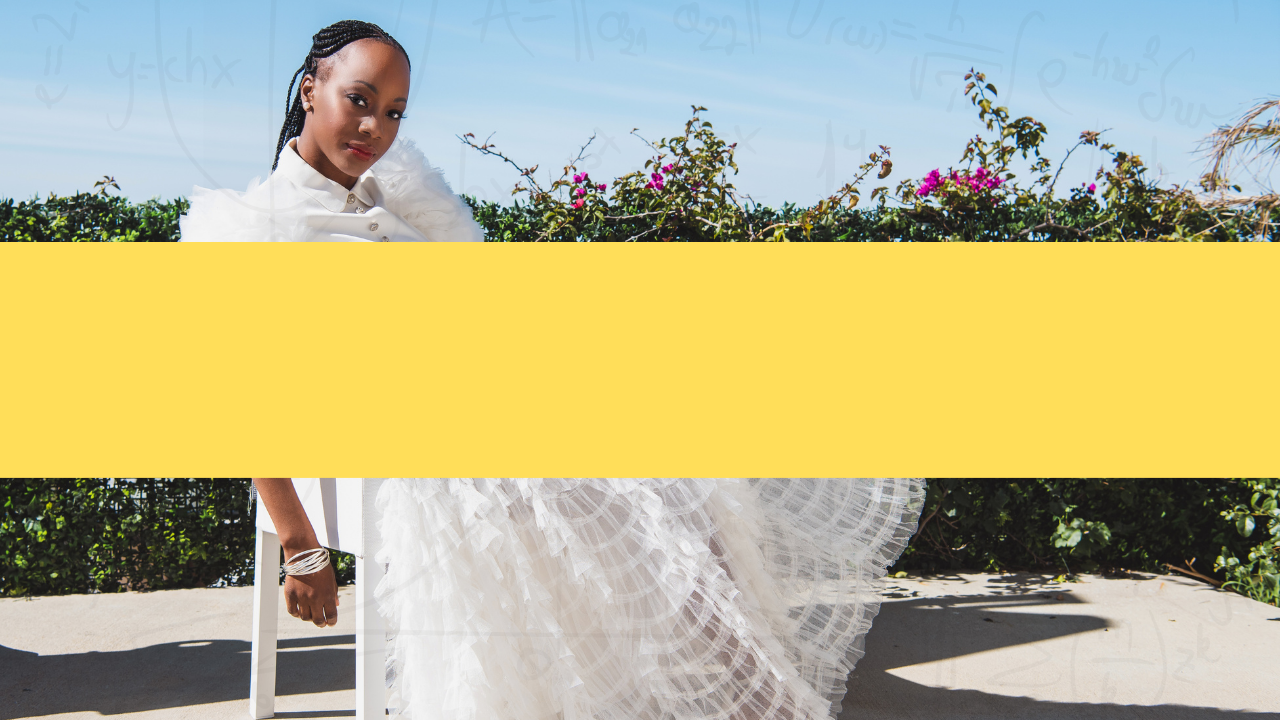We often think of our clothes as things, as possessions separate from ourselves when in reality, they act as a second skin. Your personal style can help you befriend your body and manage your moods, meaning that your choice of outfit can have a profound effect on how you feel. So, to celebrate the power of clothing to help you lean into who you truly are the FiP team have started a new series called #mysecondskin where we’ll be speaking to people from all walks of life about the role that their wardrobe plays in their everyday life. For our ninth instalment, we’re speaking to CEO of Red Carpet Green Dress, Samata Pattinson.
Samata Pattinson
Samata is a British born Ghanaian entrepreneur working across fashion and media. She is the CEO of sustainable Oscars® design campaign Red Carpet Green Dress, published author of The Fashion Designer’s Resource Book, and founder of THE TRIBE™, a global collective, created for women to empower and celebrate each other. Visit SamataHome.com, a portal for her work, personal style and more to discover all.
“Fashion has always been a second skin to me, I never understand when people say they aren’t involved in it – if you wear clothes, you are involved in it.”
Here’s what Samata had to say when we asked her about her relationship with her own clothing:
1. How do your clothes make you feel?
My clothes make me feel enhanced, protected, seen and understood, comforted, dignified, beautiful, sensual and cultured.
2. What is your most treasured item, that brings you joy?
I treasure all my things differently, but right now I would say I am really comfortable in my Rothy’s slippers and a Headwrap. I also love this bag from Maison Eli which features Cowrie beads which are significant in Ghanaian culture – they symbolise destiny and prosperity. It’s hard to pick as I love all the things I have. I feel carefree and light, in them.
3. Do you believe your clothes are political/ define you in any way?
Absolutely, even existing in western society and being able to dress a certain way to show parts of your skin, to wear certain fitted jeans and to be able to walk down the street without that being against the norm – it’s all political in the context of societies we live.
In addition if I decide to wear something that has a bit more of a statement culturally, whether it’s traditional Ghanaian fabrics with those prints, or if I choose to wear my head wrapped up, all of that is in a way a conversation that gives insight into my views on my culture and that is definitely political.
I do think there’s this idea of Soft or Hard politics in fashion and some of these are politics which are an invitation for a conversation, versus perhaps a T-shirt or item of clothing which shows an alignment to a specific political ideology.
4. Has Covid-19 changed your relationship with your clothes?
No, I always looked for a story first, I always shopped discerningly and never with real impulse because my mindset completely shifted when I started on my sustainability journey.
From a personal perspective, I was always customising, tailoring and fixing the clothes I had, beyond initally being really selective about what I bought and so on, so it hasn’t really changed me a great deal.
If anything it’s giving me the opportunity to talk to other people about how their relationship with fashion has developed, which has been exciting for me to hear about more people starting and developing their own journeys.
5. What are you planning on buying next?
I honestly don’t need anything right now, I’m always open to seeing beautiful pieces of fabric which can be tied as a top or a head wrap or something but right now I don’t have a need. Or a want. If anything it’s something for my 3 year old who is growing like a tree.



